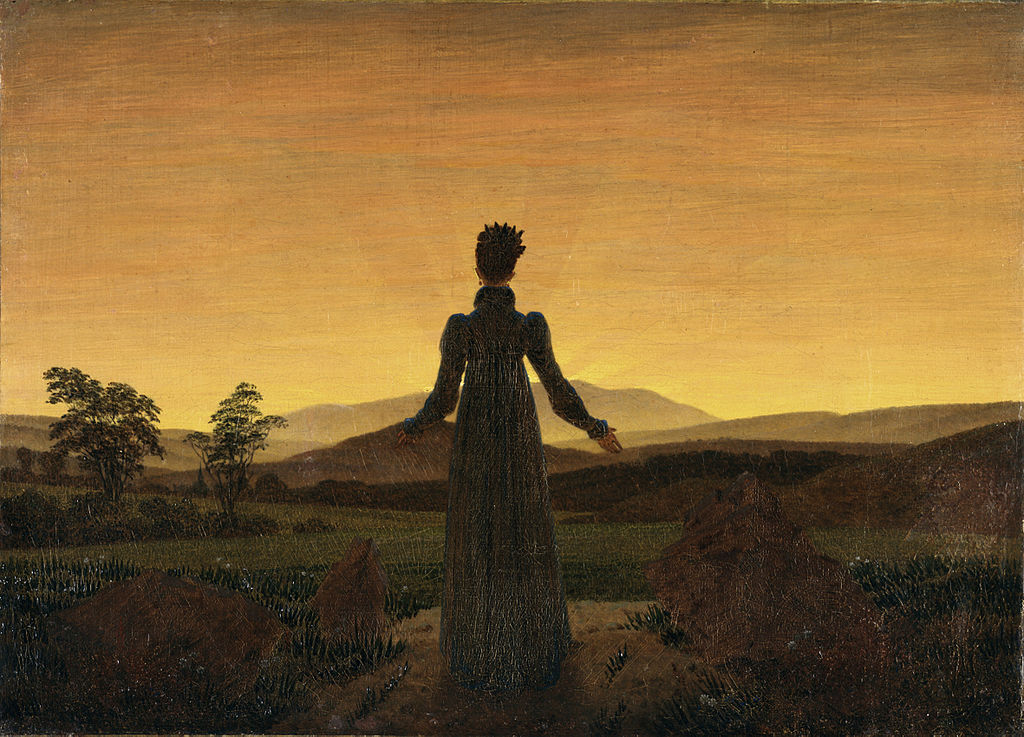It is in the Critique of Pure Reason that Immanuel Kant elaborates his ideas of moral law, where he studies what ought to be, as opposed to what is. In other words he examines the conditions of actual moral experience in the analysis of action.
The immediate question that Kant begins with is simply stated: What is morality founded on? Consciousness tells me that I ought to perform certain actions, and a little thought convinces me that oughtness is universal and necessary.
If I analyze the sense of obligation in the negative principle, “Don’t lie,” I find that, apart from the question of motive or utility, which are contingent determinants, it is a principle valid throughout all time and space. It is these properties, necessity and universality, that enable us to answer Kant’s initial question.
For Kant, universality and necessity affect the form, not the content, of the moral law, so that the universality of the prohibition, “Don’t lie,” is derived from the general formula, into which all obligation is translatable. Thus, the law on which our moral conduct rests must be fit to be an element of universal legislation.
However, the moral law is not founded on pleasure; for nothing is more unstable than feeling, which is the determinant of pleasure. The moral law, therefore, must rest on an unchangeable foundation, because of its universality and necessity. It is not founded on happiness; for the essential characteristic of the moral law is its obligatoriness, and so no one is obliged to be happy.
It is not founded on a moral sense; for mere sense cannot represent obligation as necessary and universal. Lastly, it is not founded on perfection of self; for perfection is, in the final analysis, reducible to pleasure or happiness.
The moral law is its own foundation; it is autonomous, being neither imposed by any external motive, nor deduced by the purely speculative reason from theoretical principles, but it is impressed on the will by the practical reason and revealed to us by immediate consciousness.
Further, the moral law is imperative: consciousness reveals it to us as commanding, not merely as persuading or advising. Its command may be categorical as, “You shall not lie,” or hypothetical, “If you want to become a doctor you should study medicine.”
The categorical imperative is the characteristic expression of the moral law. The moral law is the form which imparts to the contents of an action its goodness. The contents may be good relatively; the will, which is the form, is an absolute good.
Effects and circumstances are not of themselves determinants of moral value; the sense of duty is alone praiseworthy. Thus, the moral motive is respect for the moral law.
As well, the moral is unconditional. In the form of the categorical imperative, its voice is unconditionally authoritative and its command is unconditionally a law of human conduct. It speaks to us immediately, for we are conscious of its commands. And it is here that the freedom of the will rests.
The will is free in that the moral law, in saying, I ought, implies that I can.
We have no immediate consciousness of freedom, but we have immediate consciousness of the moral law which implies freedom. I can because I ought, and I know that I can because I know that I ought. Freedom is, therefore, the essence of the moral law, and the moral law is the consciousness of freedom.
Thus Kant asserts the supremacy of the moral law, which is not to be found in rational speculation. Oughtness is universal and necessary, and these are the qualities of the moral law.
